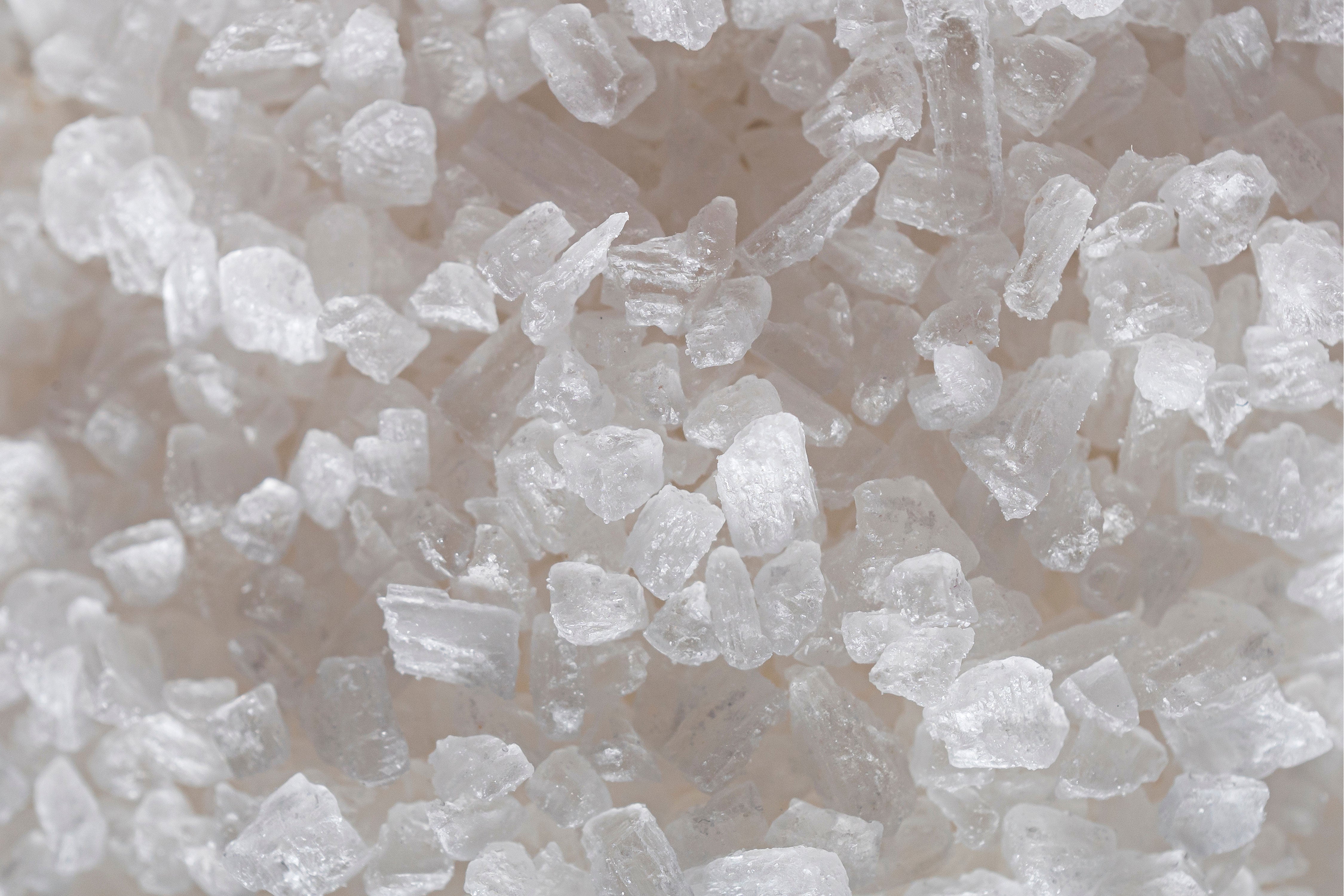In today's health-conscious society, the quest for healthier alternatives to sugar has gained significant momentum. As a result, artificial sweeteners and alcohol sugars have become popular choices among those seeking to reduce their sugar intake. However, there's another natural sweetener that has been gaining attention for its potential health benefits: stevia, derived from the stevia plant. This article explores the health benefits of stevia in comparison to artificial sweeteners and alcohol sugars, providing valuable insights for individuals looking to make informed choices about their sweeteners.
Stevia: The Natural Sweetener
Stevia, also known as steviol, is a natural sweetener extracted from the leaves of the stevia plant, native to South America. It has been used for centuries as a sweetening agent and has gained popularity in recent years due to its zero-calorie nature. Stevia's sweetness comes from steviol glycosides, compounds found in the plant's leaves, which are about 200 to 400 times sweeter than regular sugar.
Health Benefits of Stevia
Blood Sugar Regulation One of the most significant benefits of stevia is its potential to help regulate blood sugar levels. Unlike sugar, stevia does not raise blood glucose levels, making it a suitable sweetener for individuals with diabetes or those aiming to manage their blood sugar levels. Research has shown that stevia may even enhance insulin sensitivity, contributing to improved glucose tolerance.
Weight Management Stevia's zero-calorie nature makes it an attractive option for those looking to manage their weight. By substituting sugar with stevia, individuals can satisfy their sweet cravings without adding extra calories to their diet. This can be especially beneficial for individuals aiming to reduce their calorie intake and promote weight loss.
Dental Health Excessive sugar consumption is a leading cause of dental issues such as cavities and tooth decay. Stevia, on the other hand, is non-cariogenic, meaning it doesn't contribute to dental decay. Furthermore, research suggests that stevia may even possess antimicrobial properties, helping to inhibit the growth of bacteria that contribute to plaque formation.
Artificial Sweeteners: The Low-Calorie Alternative
Aspartame Aspartame is one of the most commonly used artificial sweeteners, found in numerous diet sodas and sugar-free products. While it is low in calories and intensely sweet, concerns have been raised regarding its safety. Some studies suggest a potential link between aspartame consumption and adverse health effects, although further research is needed to establish conclusive evidence.
Sucralose Sucralose is another popular artificial sweetener, commonly sold under the brand name Splenda. While it is considered safe for consumption, some studies indicate that sucralose may negatively impact gut health by altering the composition of gut bacteria. However, more research is required to understand the full implications of long-term sucralose use on human health.
Alcohol Sugars: The Moderation Approach
Xylitol Xylitol is a common alcohol sugar found in sugar-free gum, mints, and dental products. It provides fewer calories than sugar and does not raise blood sugar levels significantly. Xylitol also possesses antibacterial properties, which can help reduce the risk of dental cavities. However, excessive consumption of xylitol can lead to digestive issues such as bloating and diarrhea.
Erythritol Erythritol is another alcohol sugar widely used as a sugar substitute in various low-calorie and sugar-free products. It has a minimal impact on blood sugar levels and provides only a fraction of the calories found in sugar. Erythritol is generally well-tolerated, causing fewer digestive issues compared to other alcohol sugars. However, large amounts may still cause gastrointestinal discomfort in some individuals.
Conclusion
When it comes to choosing a sweetener, it's important to consider the potential health benefits and risks. Stevia offers a natural, zero-calorie alternative to sugar with numerous potential health benefits, including blood sugar regulation, weight management, and dental health. Artificial sweeteners like aspartame and sucralose provide low-calorie options but raise concerns regarding safety and potential effects on gut health. Alcohol sugars such as xylitol and erythritol offer a moderate approach, but excessive consumption can lead to digestive issues. Ultimately, making an informed choice about sweeteners involves considering individual preferences, health goals, and consulting with healthcare professionals when necessary.
References:
Chatsudthipong V, Muanprasat C. Stevioside and related compounds: therapeutic benefits beyond sweetness. Pharmacol Ther. 2009;121(1):41-54. doi:10.1016/j.pharmthera.2008.09.007
Anton SD, Martin CK, Han H, et al. Effects of stevia, aspartame, and sucrose on food intake, satiety, and postprandial glucose and insulin levels. Appetite. 2010;55(1):37-43. doi:10.1016/j.appet.2010.03.009
Klemenska E, Bertrand C, Compe E, et al. Stevia-derived compounds attenuate the toxic effects of ectopic lipid accumulation in the liver of obese mice: a transcriptomic and metabolomic study. Mol Nutr Food Res. 2018;62(7):e1800140. doi:10.1002/mnfr.201800140
Roberts A, Renwick AG, Sims J, Snodin DJ. Sucralose metabolism and pharmacokinetics in man. Food Chem Toxicol. 2000;38 Suppl 2:S31-S41. doi:10.1016/s0278-6915(00)00014-0
Dotimas EM, Piolot A, Hajduch E, et al. Sweeteners modulate the transcriptome in organs associated with metabolic syndrome and dysregulated sweet energy intake. Nutrients. 2020;12(8):2341. doi:10.3390/nu12082341
Salli K, Lehtinen MJ, Tiihonen K, Ouwehand AC. Xylitol's Health Benefits beyond Dental Health: A Comprehensive Review. Nutrients. 2019;11(8):1813. doi:10.3390/nu11081813
Peng X, Zhang Z, Zhang N, Wang J, Yan H. Erythritol: An Interpretive Summary of Biochemical, Metabolic, Toxicological and Clinical Data. Food Chem Toxicol. 2018;119:147-152. doi:10.1016/j.fct.2018.06.035



Leave a comment
All comments are moderated before being published.
This site is protected by hCaptcha and the hCaptcha Privacy Policy and Terms of Service apply.